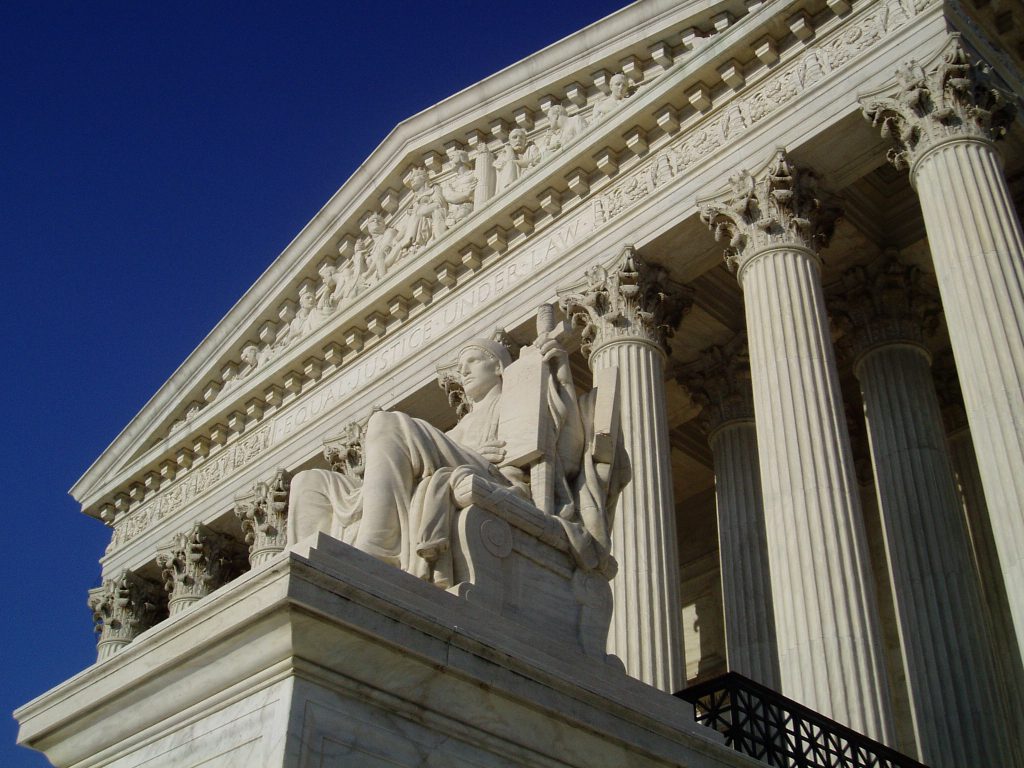
Published September 21, 2020
Democrats are understandably furious and fearful over the likelihood that President Trump and the Republican-controlled Senate will replace the late Justice Ruth Bader Ginsburg with a conservative. That does not justify packing the Supreme Court with progressives in retaliation.
The judicial branch’s primary virtue, and the reason it is a separate branch of government, is that it’s nonpolitical. The separation of powers preserves liberty because it prevents those who make the laws from applying them. Independence of the judiciary is perhaps the single most crucial innovation of modern liberal democracies. Virtually all tyrannies insist that judicial power be subject to the will of the government because they know that tyrannical power ultimately rests on force, and that means killing, suppressing or imprisoning their enemies.
Packing the court would de facto end the independence of the American judiciary. It would establish the norm that when the opposition controls a majority of the court, it is legitimate for the ruling party to add as many members as necessary to ensure that the government’s friends control it. There is also nothing to prevent the government from adding multitudes of new judges to appellate and district courts to remedy perceived imbalances. Every judge would thus know that their controversial rulings would never last; the reigning government would immediately reverse them by stacking the courts with new, malleable members. The rule of law as we know it would be gone.
Click here to read the rest of this piece at the Washington Post’s website.
Henry Olsen is a senior fellow at the Ethics and Public Policy Center.








